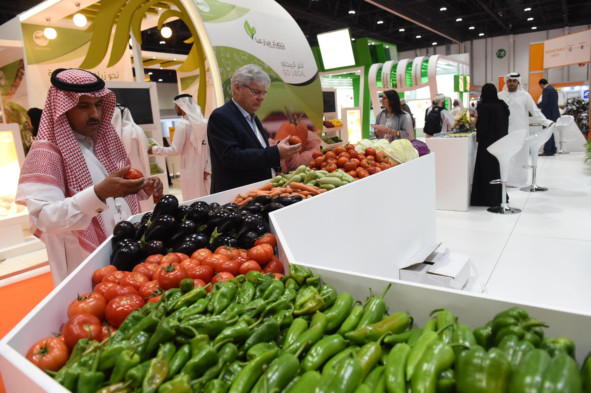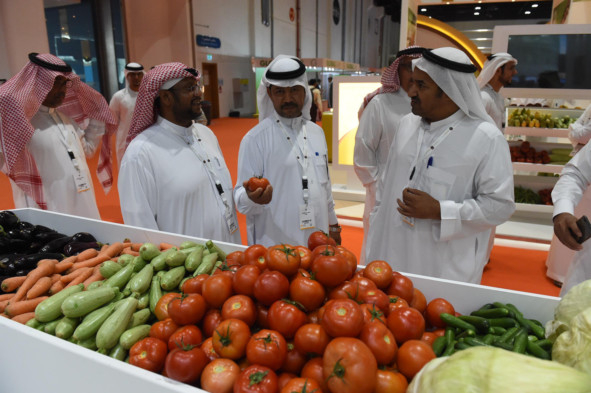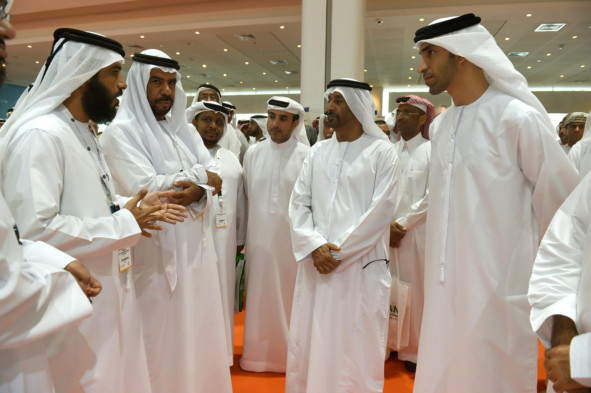
Abu Dhabi: The UAE imports 85 per cent of food consumed here, but its food processing trade helps secure food security for the country, senior officials said here on Monday.
As a big chunk of the food imported is processed here and re-exported to many foreign countries, the UAE has become an attractive destination for all sorts of raw food. “This offers a nice opportunity for the UAE [for food trade and securing food security],” they said at the fourth edition of the Global Forum for Innovations in Agriculture (GFIA).
Dr Thani Bin Ahmad Al Zeyoudi, Minister of Climate Change and Environment, who opened the two-day forum, said climate change was seen as the biggest long-term challenge to farming, especially in developing countries. The farming community comprises 70 per cent of the world’s poor. The increasing frequency of droughts and floods, changing rainfall patterns, steadily increasing surface temperatures and extreme weather phenomena will make food production increasingly difficult, he said.
At a panel discussion, Rashid Mohammad Al Shariqi, director-general of Abu Dhabi Food Control Authority (ADFCA), said the UAE has the right infrastructure for food processing, apart from supportive legislation and policies for agricultural development.
Khalifa Al Ali, managing director of Abu Dhabi Food Security Centre, said 70 per cent of some imported food items are re-exported from the UAE. “Our geographical location, political stability, good relations with many foreign countries and right infrastructure support the food processing sector and food export trade,” he told Gulf News. The UAE food processing industry attracts all sorts of raw food, which in turn helps secure food security.
The government has partnered with several UAE food companies that has made investments in agriculture in Sudan, Western Egypt, Pakistan, India, Europe and South America. “This will also help secure UAE’s food security,” Al Ali said.
The two-day conference features speakers from around the world and an exhibition hosting some 250 companies.
Thamer Al Qasimi, Director of the Communication and Community Service Division at Adfca, said the conference would help build a secure, sustainable and profitable food production systems for 2030 and beyond.
Adfca showcased its innovative ‘sustainable honeybee keeping’ project that will help minimise imports of honeybees into the UAE.
A session on the ‘Blue Bio-Economy’ session discussed the potential of the seas to offer innovative, sustainable food and other high-value bio marine products and industries in the GCC region. A relatively new concept, the blue bio-economy is quickly gaining importance around the world due to the potential benefits from using under-utilised, renewable, abundant biological marine resources.














